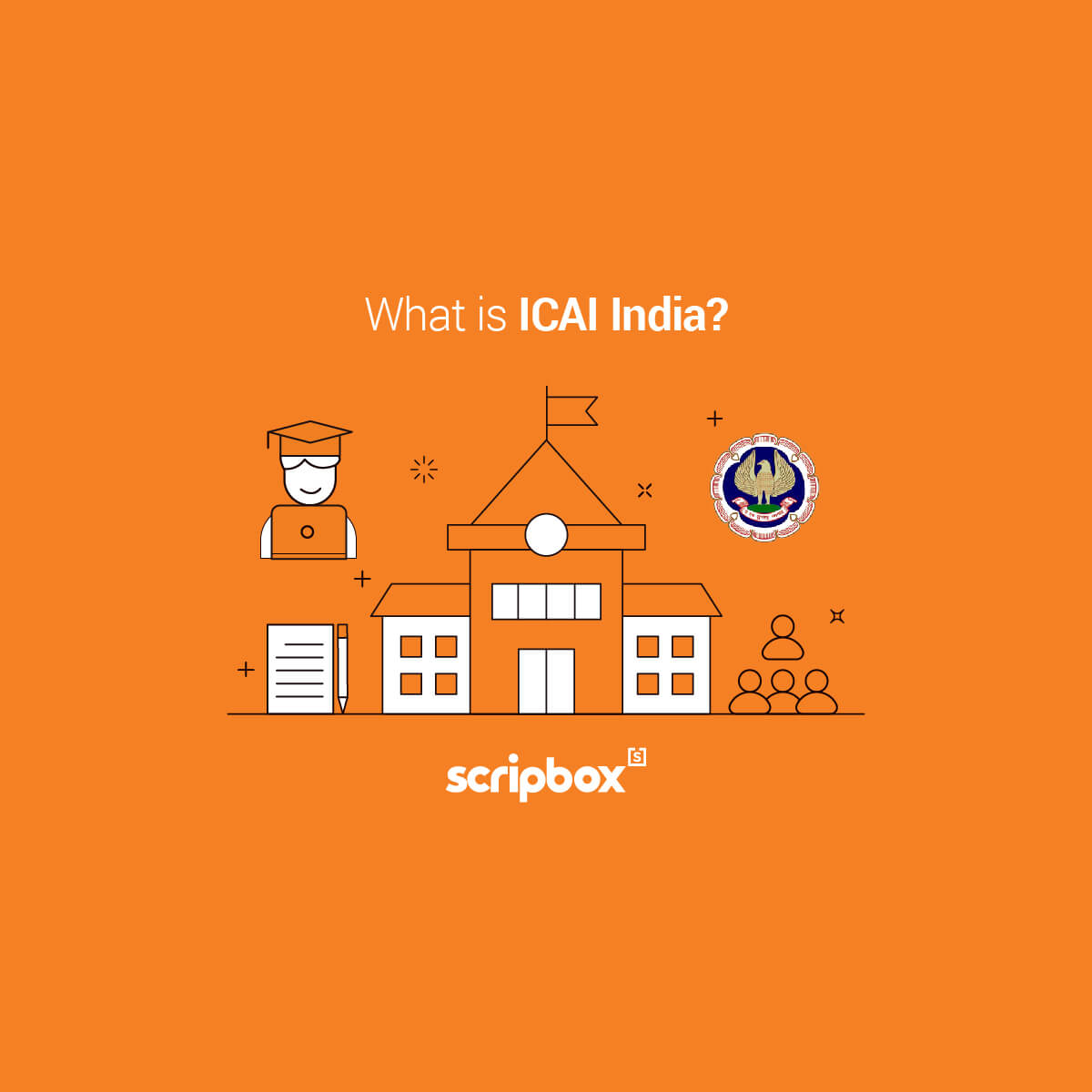Income funds attempt to generate consistent and regular returns for an investor by investing in government securities, debt instruments, high dividend generating stocks.
What is an Income Fund?
Income funds belong to the category of debt mutual funds that focuses on providing a regular source of return to the investor. Income mutual funds invest in a mixture of corporate bonds, money market instruments, and certificate of deposit. The returns under income funds depend on the market conditions and the performance of the fund.
It attempt to deliver consistent returns through generating interest income by holding the instrument until maturity. Income funds are highly liquid and offer greater flexibility of redemption and withdrawal.
What is a Fixed Income Fund?
Fixed income funds aim to provide an investor with returns at fixed intervals. This is more suitable for a risk-averse person who is looking for a steady source of income and not capital appreciation. These funds are highly liquid in nature but do not offer growth opportunities like equity mutual funds. These funds consist of money market funds, debt funds, exchange traded funds (ETFs), fixed deposits schemes and certificate of deposit.
Below are a few fixed income generating instruments
- Debt Funds: Debt funds invest the funds in low-risk instruments such as government & corporate bonds and aims to offer stable returns.
- Money Market Funds: The money market is a market for short-term financial assets that can be converted into money at a minimum cost. Funds are invested in steady-income instruments such as treasury bills, commercial paper, certificate of deposit, etc. It is suitable for an investment horizon of up to 90 days
- Exchange Traded Funds: ETFs are index funds listed on the stock exchange. The units of ETFs can be bought and sold through a registered broker of the stock exchange, just like shares. ETF tracks the index such as Nifty, BSE Sensex and is managed by the fund managers passively. Gold ETFs are one of the most popular ETFs.
How do Income Funds Work?
The Net Asset Value of an income fund is calculated up to 4 decimal places and the fund attempts to delivering returns in case of fluctuating interest rate scenarios. This can be done in either of the below 2 ways
- Generating interest income by holding the instruments until maturity
- Selling the instrument in the debt market in case of rising interest
The main objective of the fund manager is to deliver higher returns by allocating funds towards debt and money market instruments. This is dependent on the interest rate risk and the investment grade of the selected instruments.
Benefits of Investing in Income Funds
- Income funds offer higher liquidity and the money invested can be easily withdrawn at any point in time.
- These are actively managed by the fund managers who take advantage of the changes in the interest rate to offer better returns.
- Income funds are considered better than fixed deposits both in terms of liquidity and returns for a short-term period. Compared to fixed deposit which has a fixed lock-in period, income funds enable the investor to have a flexible cash flow.
- The tax rate applicable to income funds is the same as applicable to the debt funds. Hence short-term capital gains are taxed as per the applicable slab rates whereas long-term capital gains are taxed at 20% with indexation benefits.
Are Income Funds Safe?
Income funds are relatively safer investment within equity as an asset class. These funds focus on generating regular earnings for their investors by investing in dividend-yielding securities. These securities can be company stocks and government securities. They can also be a certificate of deposits, corporate bonds, money market instruments or debentures.
These funds deliver returns in both falling and rising interest rate scenarios by active portfolio management. Historically, they have been found to offer better returns than bank fixed deposits. Unlike the lock-in period in a Bank Fixed Deposit, these funds are more flexible. These funds also offer flexibility for redemption and withdrawal.
These funds are suitable for investors who are looking for stable and regular income. For instance, a retired investor may consider investing in an this fund as they need money for their daily expenditure.
What is the difference between income and growth funds?
Growth funds aim to generate capital appreciation through high levels of growth and capital reinvestment. On the other hand, income funds aim to generate steady and regular earnings to investors. They invest in securities that offer regular dividend payouts to their investors. Also, these funds are less risky in comparison to other funds. Hence, they are an option for investors with low-risk tolerance levels who are looking for earning a regular income.
Growth funds invest in stocks that aim for achieving higher growth. Hence, the profits of these companies will be reinvested for expansion and further growth of the company. Growth funds are riskier as they are more sensitive to market conditions. However, over a long term investing in growth funds can benefit investors.
explore our article on Monthly Dividend Mutual Funds.
Can I get monthly income from mutual funds?
Yes, investors can opt for monthly income which is in the form of regular dividend payout funds. The dividend is a regular source of income for many investors. The income can be generated from several resources like dividend-paying stocks or individual bonds. These funds provide desired monthly income and liquidity through the professional management of fund managers.
There is a Monthly Income Plan (MIP) in mutual funds where investors can receive regular periodic (monthly, quarterly, half-yearly) dividend payouts. The returns in MIP can be volatile as these funds also invest in equity stocks. Sometimes, the dividend payouts may be irregular – in quantum or frequency.
Investors who are wary about fluctuating income can also opt for Systematic Withdrawal Plan (SWP). SWP allows a regular redemption of predetermined amounts. Also, investors can opt for SWP from any mutual fund investment. In SWP even when the scheme is making losses, it will pay out the amount opted by the investor by digging into the principal amount. However, in MIP the investor’s principal amount remains untouched. Also, only the capital appreciation portion is distributed to investors.
Recommended Read: Capital Protection Funds
Things to Consider Before Investing in Income Funds
Risk
Income funds are highly influenced by interest rate & credit risk. A change in the interest rate may lead to the change in the value of the bond price which will have an impact on the fund value.
Furthermore, there is always a risk of default on repayments as promised by the bond issuer which in turn will also affect the returns from the fund.
Return
Fund managers take advantage of the interest rate volatility in the market to generate returns for investors. Income funds can offer better returns in case of a falling interest rate scenario.
These funds have offered better returns than a traditional investment in a fixed deposit. However, it is to be noted that there are no guaranteed returns in income funds.
Cost
As in the case with all other categories of funds, income funds also charge a fee to manage an investor’s funds. This is known as the expense ratio.
For example, if an investor has invested Rs. 10,000 in a fund that has an expense ratio of 2%, then he needs to pay Rs. 200 to the fund house to manage his fund.
The expense ratio is not fixed and different fund houses have different rates.
Investment period
Generally one should have an investment horizon above 3 years to actually benefit from these funds. The fund managers take advantage of the interest rates to offer better returns but this requires proper skills to manage.
One should consider this mode of investment as an alternative to fixed deposit and is suitable for investors who are willing to take a moderate level of risk.
History of the fund house
As a general practice, people tend to choose the fund offering the highest returns. Apart from examining the expense ratio it is also important to do background research on the fund house.
This includes the history of the fund managers, the time period for which the fund house has been in operation, etc.
Taxation
The tax rate applicable to income funds is the same as applicable to the debt funds. Hence if an investor is in the 20% and above slab rates, then long-term capital gains are taxed at 20%. However, indexation benefit is allowed in such a case.
























Show comments